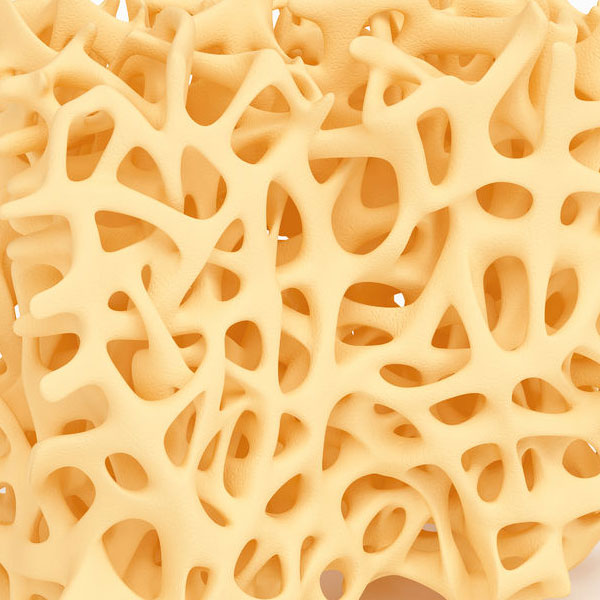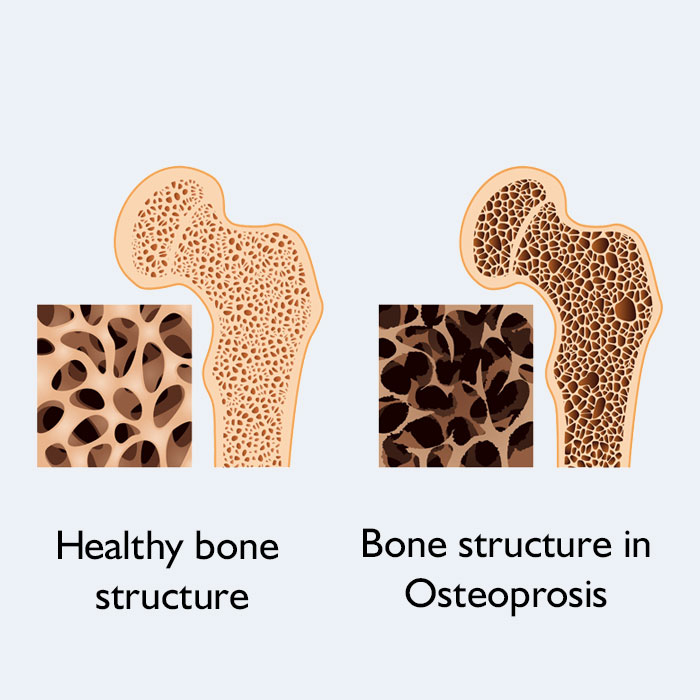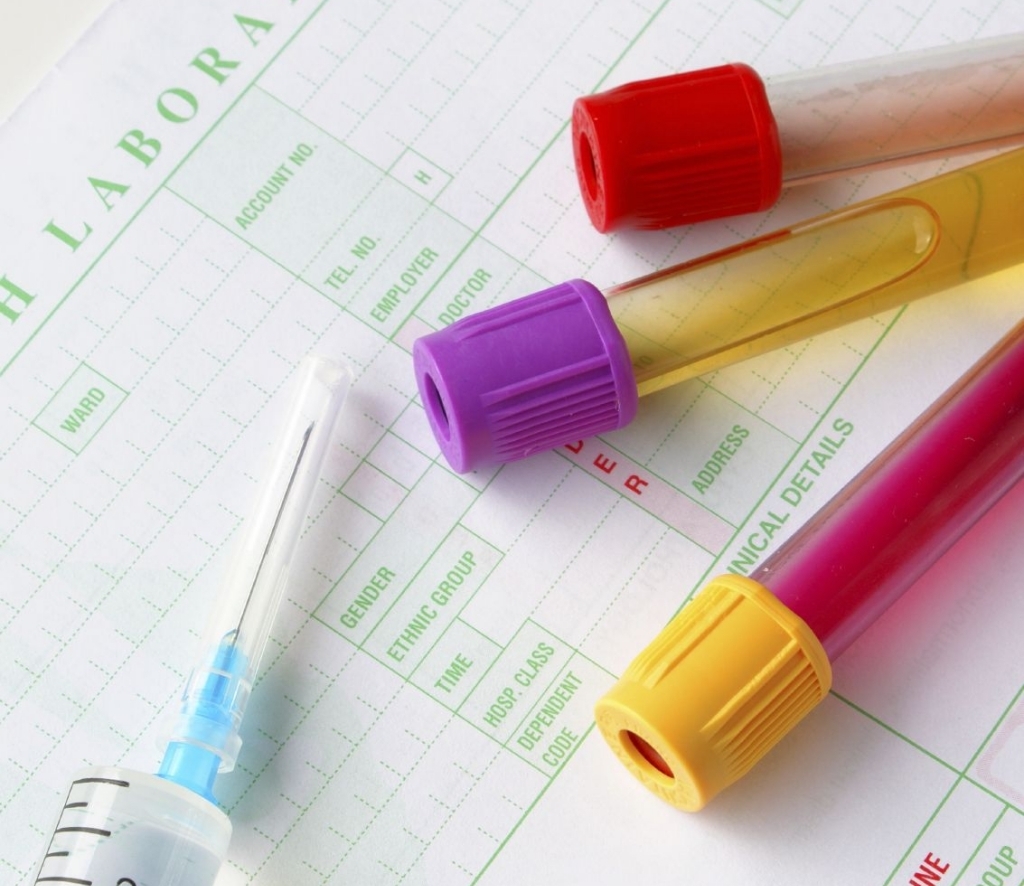Bone metabolism laboratory package
The bone metabolism laboratory package examines the mineralization of the bones (calcium, phosphorus, vitamin D), and the bone formation and resorption. This package is recommended in case of suspicion of osteoporosis or to investigate the background of frequent bone fractures.
Bone metabolism laboratory package
What is bone metabolism laboratory package for?
The bone metabolism laboratory package helps to determine the mineral composition of the bones and the parameters of bone formation and resorption.
Our skeletal system is not only the rigid frame of our body but also our largest mineral storage system. It is the primary depository of calcium, phosphorus, and magnesium, which also play an important role in bone metabolism.

Calcium has various functions in the body: it is a determinant of the strength of the skeletal system, it is necessary for normal nerve and muscle function, it affects the activity of many enzymes and it also plays an important role in intracellular signaling. An average adult has 1-2 kg of calcium in his/her body, 98% is stored in the skeletal system.
Phosphorus is another important compound of the bones. It is an important factor in the body’s energy processes.
Vitamin D is also essential for bone metabolism, which helps in the absorption of calcium from the intestine, ensures the level of calcium in the blood, as well as mineralization and incorporation into the bone. It enhances the formation of the bone base and the synthesis of proteins involved in the process. In its absence, when it is insufficient to solidify the soft-bone base with minerals, we speak of osteomalacia (osteoporosis).
Bone metabolism is also regulated by hormones, one of the most important is the parathyroid hormone, which raises blood calcium levels to normal. The other key hormone is calcitonin, which is responsible for reducing the level of calcium in the blood to keep the balance and for the incorporation of calcium into the bone.
The composition and structure of bones adapts to the changing needs of a changing environment, forming and resorbing, depending on the strength and load of the musculoskeletal system. As the load increases, the bone stock builds, and as physical activity decreases, so does the mass and strength of the bones. 10% of healthy bone tissue is rebuilt every year.
What examinations does the package contain?
The bone metabolism package includes laboratory tests that examine the mineral composition of the bones and the parameters of bone formation and resorption.
- Serum and urine calcium: the concentration of calcium ions can be determined from the serum, separated from the blood. The daily excretion of calcium can be measured from the urine.
- Serum and urine phosphorus: the concentration of phosphate ion is determined from the serum, separated from the blood. Large amounts of phosphate crystals excreted in the urine may indicate kidney stones.
- Vitamin D: Essential for bone metabolism, helps with calcium absorption and incorporation. Determining its level refers to the functioning of bone metabolism.
- β-cross laps: by defining its level, we can get a picture of the bone metabolic activity. β-cross laps isomer is a specific indicator of the resorption of bone-derived type 1 collagen. In the case of increased bone resorption, its concentration in the blood increases.
- PTH (Parathyroid Hormone): a regulatory hormone for calcium and phosphate metabolism, its value can only be interpreted in conjunction with calcium and phosphorus levels. If PTH levels are lower, serum calcium and phosphate levels also decrease. Higher PTH levels increase blood calcium levels and decrease blood phosphate levels.
- Osteocalcin: a biochemical marker of bone cells, its level indicates the function of bone-forming cells. Its elevated level with decreased bone mass indicates osteoporosis.


How to prepare for the test?
Fasting is not required before sampling for the bone metabolism test.
For the urine test, approx. 10 ml of the urine sample is required.
When can the results be expected?
After the 7th working day following the test.
What to do after the laboratory test?
The finding does not equal a diagnosis, consult a rheumatologist about the test results to make an accurate diagnosis, and determine the optimal treatment.

